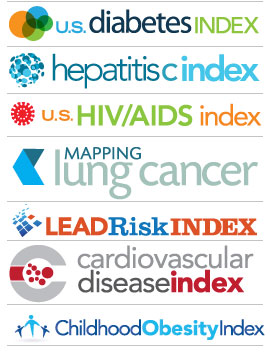40% of Patients at High Risk for Stroke Are Not Taking Anticoagulants
Stroke News Friday, November 11th, 2011New Results From the National Health and Wellness Survey Show Patients at High Risk for Stroke Have Lower Quality of Life, More Hospitalizations
NEW YORK, NY, Nov 07, 2011 (MARKETWIRE via COMTEX) — Nearly 40% of diagnosed “high-risk” atrial fibrillation (AF) patients in the 5EU are not taking an anticoagulant to prevent stroke, according to new findings from the National Health and Wellness Survey (NHWS), conducted by Kantar Health and presented today at the 14th ISPOR (International Society for Pharmacoeconomic and Outcomes Research) European Congress in Madrid, Spain. AF is a major independent risk factor for stroke, particularly in older patients, and patients with AF have an approximately 5% annual risk for stroke.
“Across all risk groups in the 5EU, 45% of all diagnosed AF patients aren’t taking an anticoagulant to prevent stroke,” says Gina Isherwood, Ph.D., Regional Brand Director with Kantar Health. “Our research shows that the tendency to take medication to prevent stroke increases along with risk status. Still, a large number of patients considered ‘high risk’ (CHA2DS2-VASc=2) aren’t taking an anticoagulant. Being at high risk for stroke has substantial burden for these patients, reducing their physical quality of life and increasing healthcare resource use.”
Kantar Health’s data show that high-risk AF patients have significantly lower physical quality of life compared with low-risk AF patients, and both high- and moderate-risk patients had significantly lower health utility scores compared with low-risk patients. In addition, high-risk patients reported significantly more visits to their healthcare provider and a greater number of hospitalizations in the past six months than low- or moderate-risk patients (CHA2DS2-VASc=0-1).
“The increased number of hospitalizations and physician visits suggests these AF patients place a substantial burden on the healthcare system across the 5EU,” Dr. Isherwood says. “An unmet need remains for enhanced treatment of AF patients, especially patients considered at high risk of stroke. Understanding individual needs and local guidelines is necessary to improve patients’ quality of life and reduce the burden on the healthcare system across the 5EU.” Read Full Article


